Marine Life in the Andaman – Lionfish
The lionfish is a common site in the Andaman and seen on all of the dive sites we go to, both by daytrips and liveaboards.
Nobody knows for sure how they got their name, and they are also known as turkey or dragon fish in some area’s. One thought is when they spread out their pectoral fins it sort of looks like a lion’s mane, and they are ferocious predators
They are beautiful and fascinating fish but due to their colouring, as is common in nature, most times bright and beautiful means dangerous. Its bright colours advertise its poisonous tentacles. The venom of the lionfish, delivered by up to 18 needle-like dorsal fins and is purely defensive. A sting from a lionfish is extremely painful to humans and can cause nausea and breathing difficulties, but is rarely fatal.
The scientific name for the lionfish is Pterois, and there are fifteen different species in the Pterois Genus of fish.
The largest of the lionfish species can grow to about 40cm in length, but the average is closer to 30cm, with the smallest around 6cm, and they weigh somewhere around 500 to 900g. Their lifespan in the wild can be around 15 years.
They are mainly active during the day and at night the Lionfish find crevices among rocks that they rest in, this is so they are not out of the open where they would be at risk of predators consuming them.
It relies on camouflage and fast reflexes to capture their prey which is mainly fish and shrimp.. Adult lionfish use their distinct pectoral fins to attract the prey. As soon as the prey comes within their reach, they swallow it in a single motion. Though not quite unique, this method of hunting is highly successful in regions where the lionfish is a non-native species as the native population of the area is not used to such traps. They are able to move around very quickly in the water. They are very good at using those long pectoral fins to herd fish and other prey into a confined area, trapping it making it simple for them to get their food. The lionfish’s stomach can expand to 30 times its normal size so they can really fill up, this is why it is such an invader in the Caribean.
They are solitary and they will become very aggressive if they feel that their home territory is at risk. The males tend to be more aggressive overall than the females. While adult lionfish are solitary creatures, juveniles are known to live together in groups. Over the course of time, they become highly territorial and don’t even hesitate to take on the other members of their group to capture and/or defend their territory.
The native habitat of lionfish spans the rocky crevices and reefs of the Indo-Pacific waters, but they can be found in the eastern coast of America. It is not clear how they have found their way there but it is thought that some specimens who were released by certain aquariums, and have begun to thrive in these warm waters without any natural predators. There is one documented case of lionfish escaping from an aquarium located in a house damaged by Hurricane Andrew – the fish were seen swimming nearby after the storm. The “on purpose” introductions are assumed to occur from hobbyists who dumped them into canals (not knowing any better) when the fish either got too large for their aquariums or became unwanted. Genetic evidence from recent scientific results suggests multiple introductions.
Learn more about marine life in the area with our AWARE Fish ID, Naturalist or Advanced open water courses.
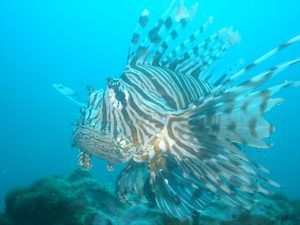
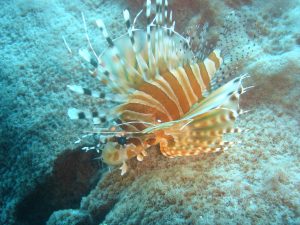
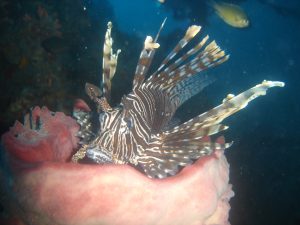
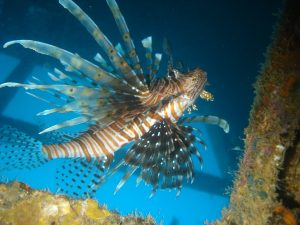
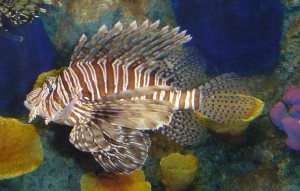
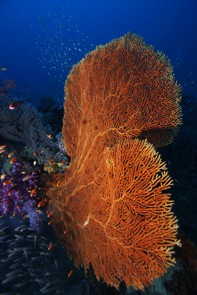
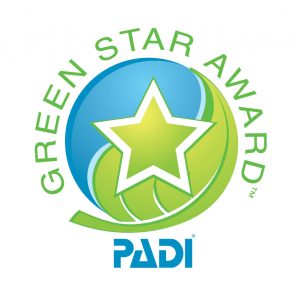
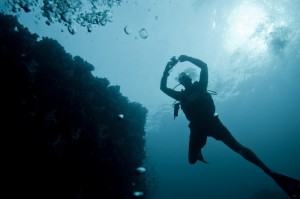

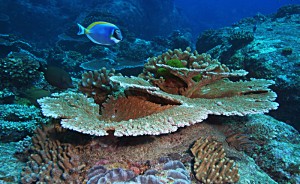
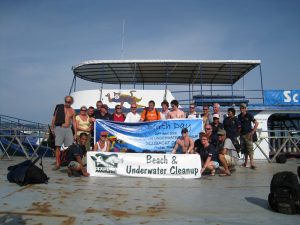
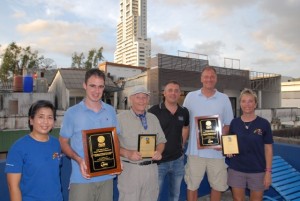
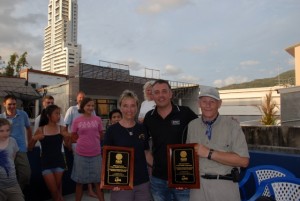
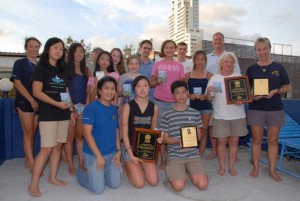

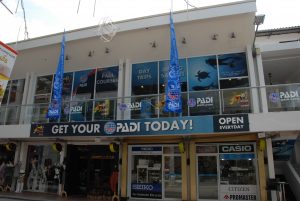






Scubacat Community